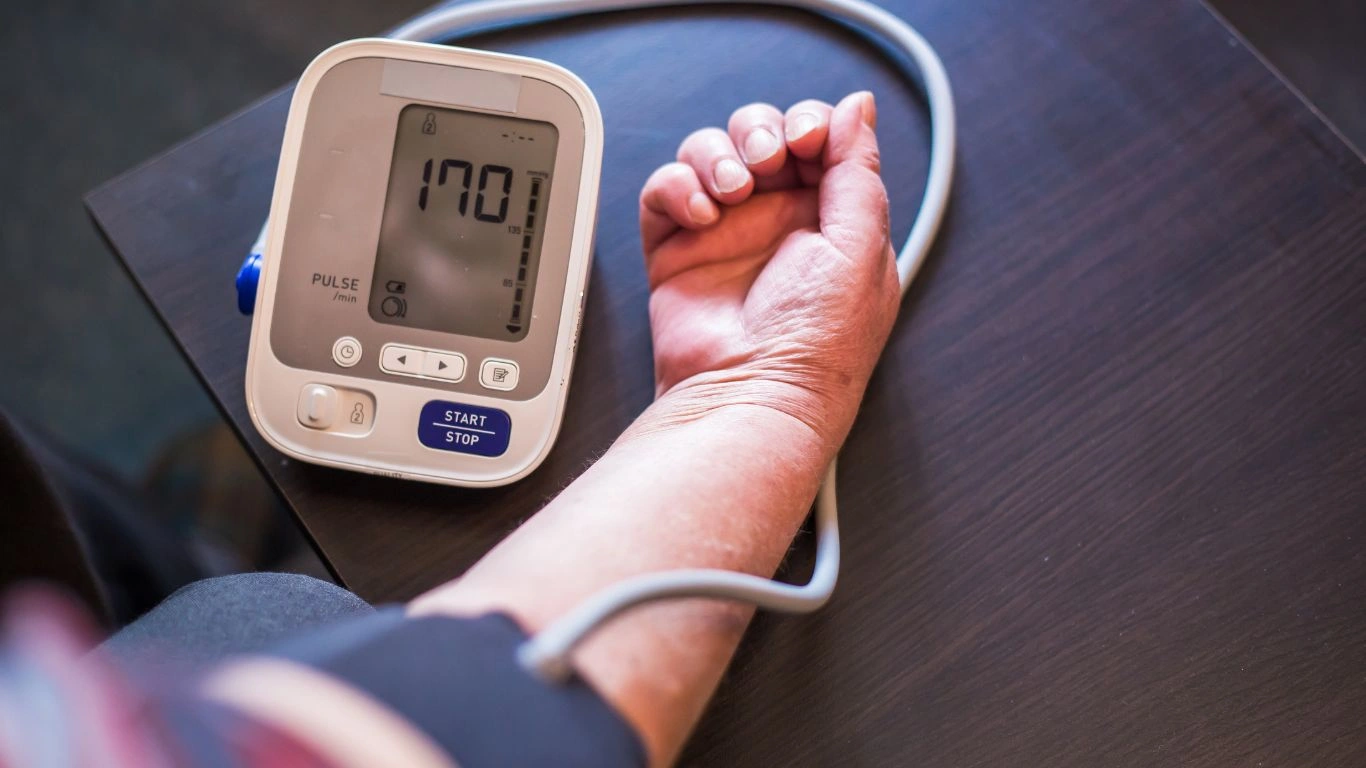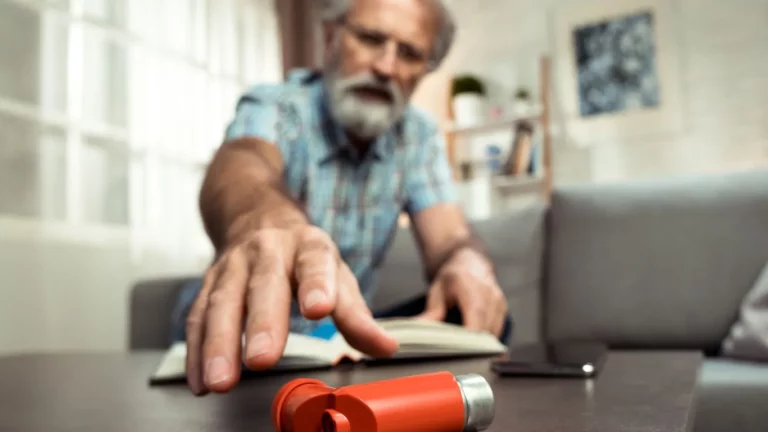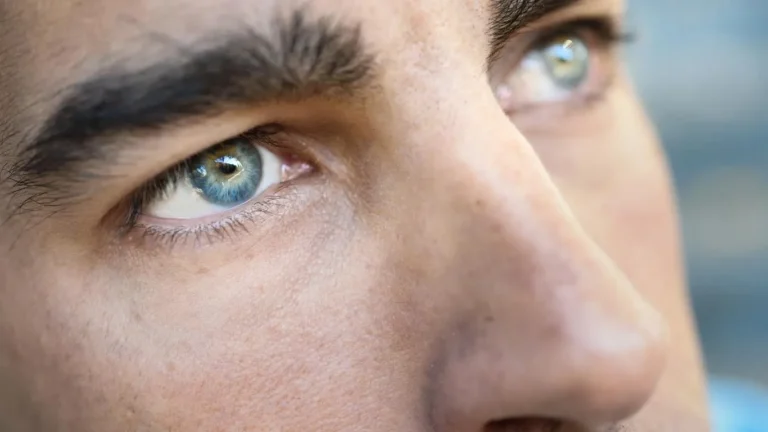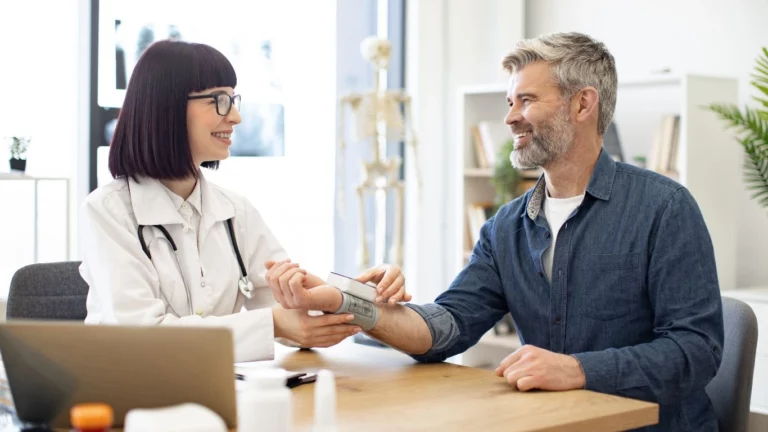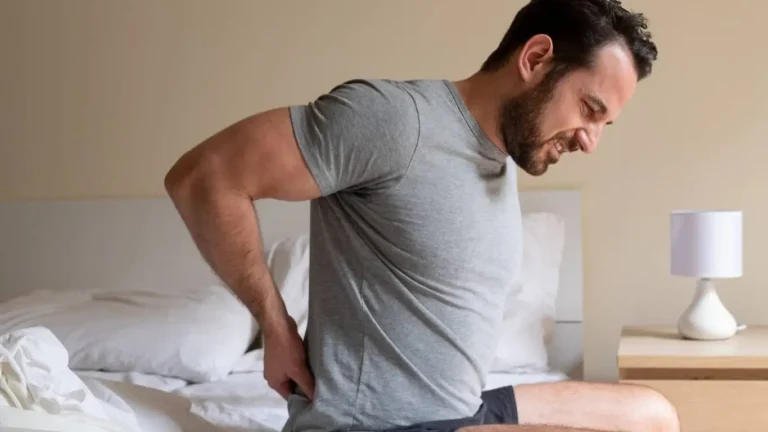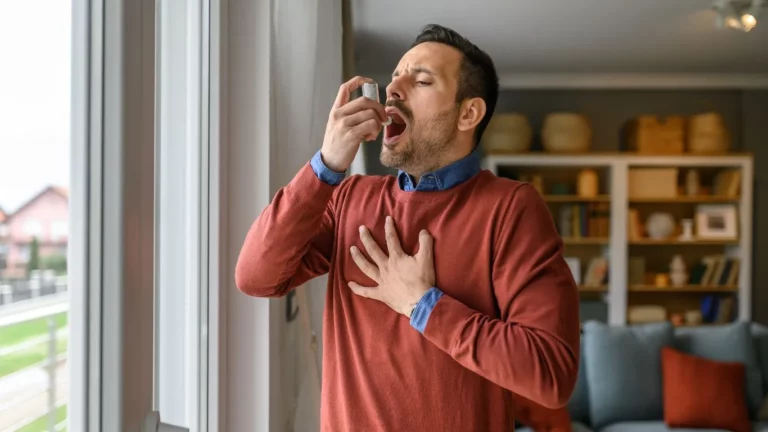Can High BP Cause Numb Toes? Understanding the Risks and Solutions
Have you ever felt a strange tingling or numbness in your toes and wondered what’s going on? You’re not alone. For many people, especially those managing high blood pressure (also known as hypertension), symptoms like these can be worrying—and confusing. While most of us associate high blood pressure with headaches or heart problems, numb toes aren’t often part of the conversation. But they should be.
So, let’s break it all down: can high blood pressure cause numb toes? The short answer is yes, indirectly. But there’s more to it. Understanding how and why this happens can help you take better care of your feet—and your overall health.
What’s Really Happening? A Simple Breakdown
High blood pressure puts extra strain on your blood vessels, including the tiny ones in your extremities—like your toes. Over time, this pressure can cause damage. Think of your circulatory system like a garden hose: if too much water is forced through, the hose starts to wear out or leak. Similarly, high blood pressure can damage arteries, making it harder for blood to reach certain areas of your body.
When blood flow is reduced to your feet, nerves can suffer. This may lead to a pins-and-needles sensation, numbness, or even burning pain. According to the American Heart Association, prolonged high blood pressure is a risk factor for peripheral artery disease (PAD), which limits circulation to the limbs.
And that’s where your toes come in.
Numb toes might be your body’s way of whispering that something deeper is going on. While it could also be due to diabetes, nerve damage, or even tight shoes, high blood pressure is often part of the puzzle.
How to Help: Lifestyle Tips That Make a Difference
The good news? There are simple, science-backed ways to support healthy circulation and manage your blood pressure. Let’s go through some of the most effective options.
-
Eat potassium-rich foods
Potassium helps your body get rid of excess sodium and eases pressure on blood vessels. Great sources include bananas, sweet potatoes, spinach, and avocados.
Tip: Add sliced banana to your morning oatmeal or toss some spinach into your smoothie. -
Reduce salt intake
Too much salt stiffens and narrows blood vessels, raising your blood pressure. The American Heart Association recommends staying under 1,500 mg of sodium per day.
Tip: Read food labels—salt hides in bread, sauces, and deli meats. Use herbs like basil or lemon juice to flavor your meals instead. -
Get moving daily
Physical activity improves circulation and helps your heart pump more efficiently. Even a brisk 30-minute walk can work wonders.
Tip: Try setting a reminder on your phone to take short walking breaks throughout the day. -
Stay hydrated
Proper hydration supports healthy blood flow and helps keep your blood pressure stable.
Tip: Carry a reusable water bottle with you and aim for 6–8 glasses a day. -
Limit alcohol and quit smoking
Both alcohol and smoking can damage blood vessels and raise your blood pressure. Over time, this increases your risk of circulation issues.
Tip: If quitting feels overwhelming, talk to your doctor about support programs or nicotine alternatives. -
Manage stress
Chronic stress raises blood pressure and tightens your blood vessels, limiting blood flow.
Tip: Deep breathing, meditation, or even five minutes of quiet stretching can lower stress levels.
Expert Insight Adds Clarity
According to Dr. Andrew Freeman, a cardiologist at National Jewish Health, “High blood pressure is a silent threat that often goes unnoticed until complications arise. Circulation issues, such as numbness in the toes, can be an early sign that something’s not quite right.”
Johns Hopkins Medicine also notes that peripheral neuropathy, a condition that causes numbness and is commonly linked with diabetes, can also be worsened by high blood pressure due to reduced oxygen and nutrients reaching nerve tissues.
When the vascular system is compromised, the smallest blood vessels—those far from the heart—tend to suffer first. That’s why your toes may be one of the first places you notice something is off.
Extra Tips for Happier Toes (and Better BP)
-
Foot massage or Epsom salt soaks
These can improve local circulation and relieve discomfort. Just make sure water temperature is moderate—not too hot—especially if you have nerve issues. -
Compression socks
These are designed to help improve circulation and reduce swelling in the lower legs. They’re not for everyone, so check with your doctor first. -
Alpha-lipoic acid supplements
Some studies suggest this antioxidant may support nerve health, especially in people with circulation issues.
Disclaimer: Always consult with a healthcare provider before adding supplements. -
Regular foot checks
Numbness can make it hard to notice cuts or sores. Checking your feet daily helps catch issues early, especially if you have diabetes or reduced sensation.
When to See a Doctor
If your toes feel numb often—or the feeling spreads, worsens, or comes with other symptoms like leg pain while walking—it’s time to talk to a professional. This could be a sign of peripheral artery disease, neuropathy, or even early signs of a more serious vascular condition.
Dr. Lisa Harris, a vascular specialist at UCLA Health, advises, “Any change in sensation should be evaluated, especially if you have risk factors like high blood pressure, diabetes, or a history of smoking.”
Final Thoughts: Listen to Your Body
So, can high blood pressure cause numb toes? Yes—but not always directly. Often, it’s part of a bigger picture involving your heart, your blood vessels, and your nerves. The important takeaway is this: numbness in your toes isn’t something to brush off.
Taking simple, proactive steps can make a real difference. Whether that’s going for a daily walk, choosing heart-smart foods, or scheduling a checkup, small actions lead to big improvements over time.
And remember—everyone’s body is different. What works for one person might not be right for another. The best plan is always a personalized one, crafted with your doctor’s guidance and your lifestyle in mind.
Your toes might be telling you something. Don’t ignore them. Your health—quite literally—starts from the ground up.

Dr. Gwenna Aazee is a board-certified Internal Medicine Physician with a special focus on hypertension management, chronic disease prevention, and patient education. With years of experience in both clinical practice and medical writing, she’s passionate about turning evidence-based medicine into accessible, actionable advice. Through her work at Healthusias.com, Dr. Aazee empowers readers to take charge of their health with confidence and clarity. Off the clock, she enjoys deep dives into nutrition research, long walks with her rescue pup, and simplifying medical jargon one article at a time.

